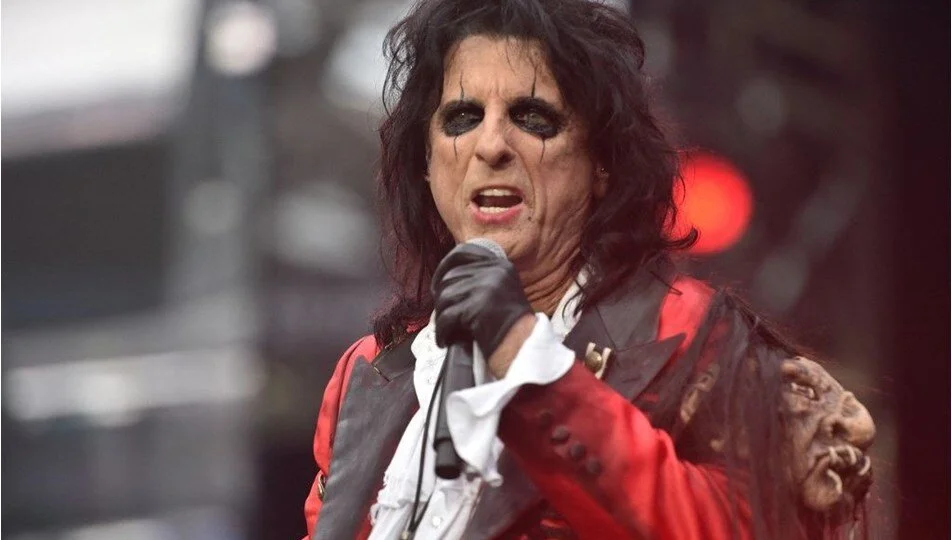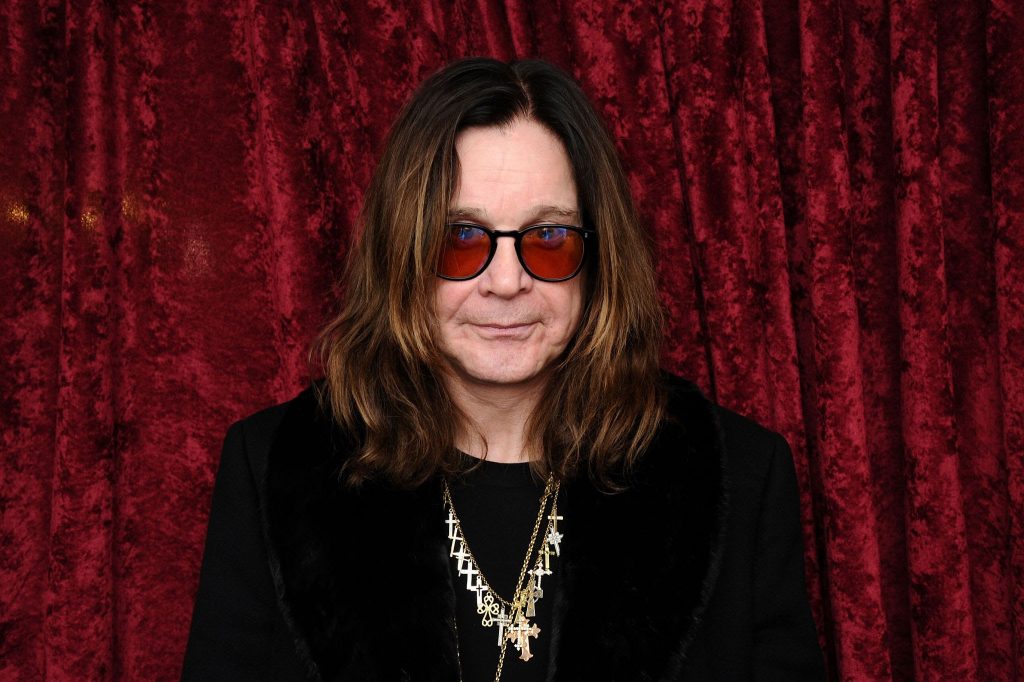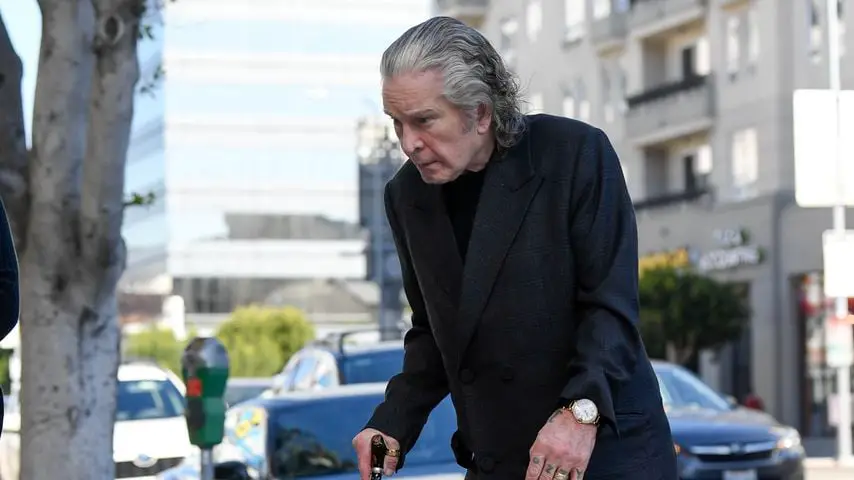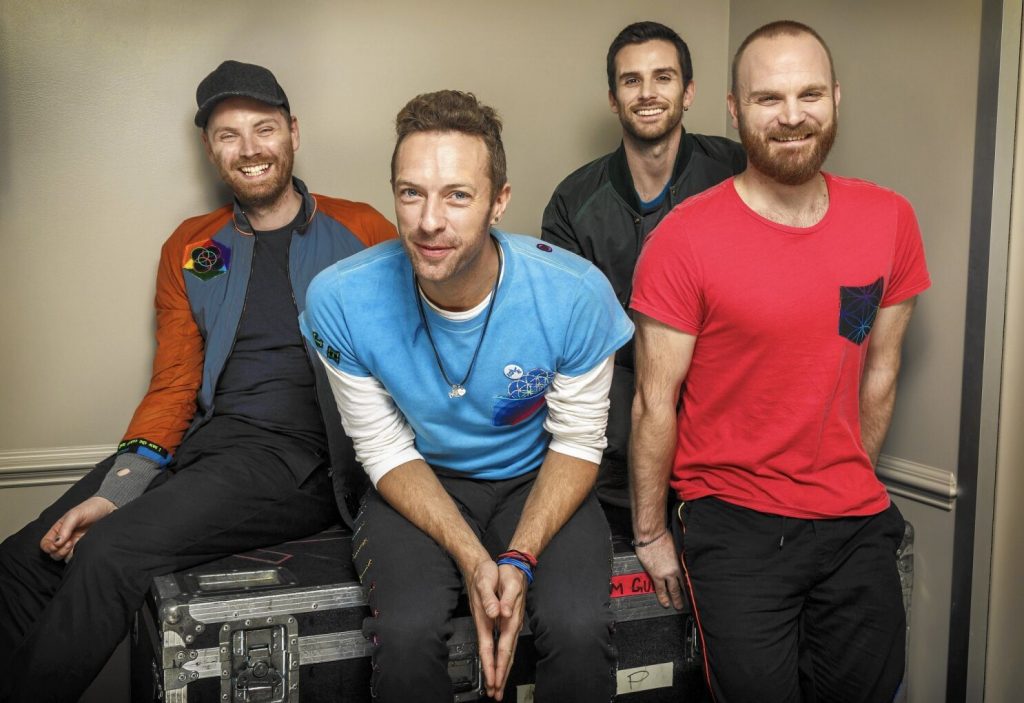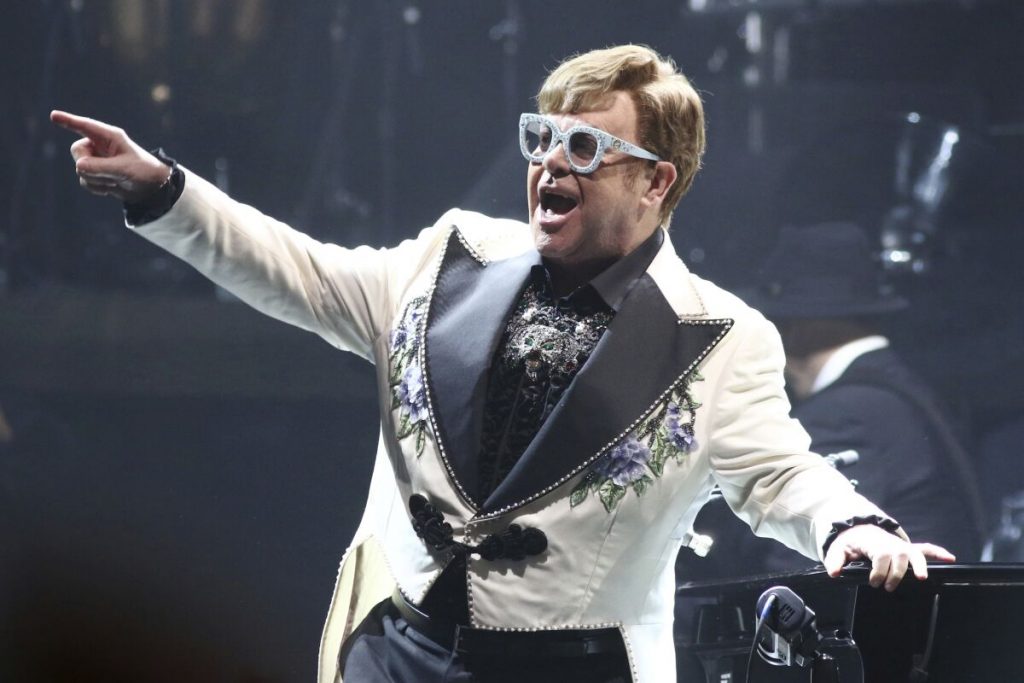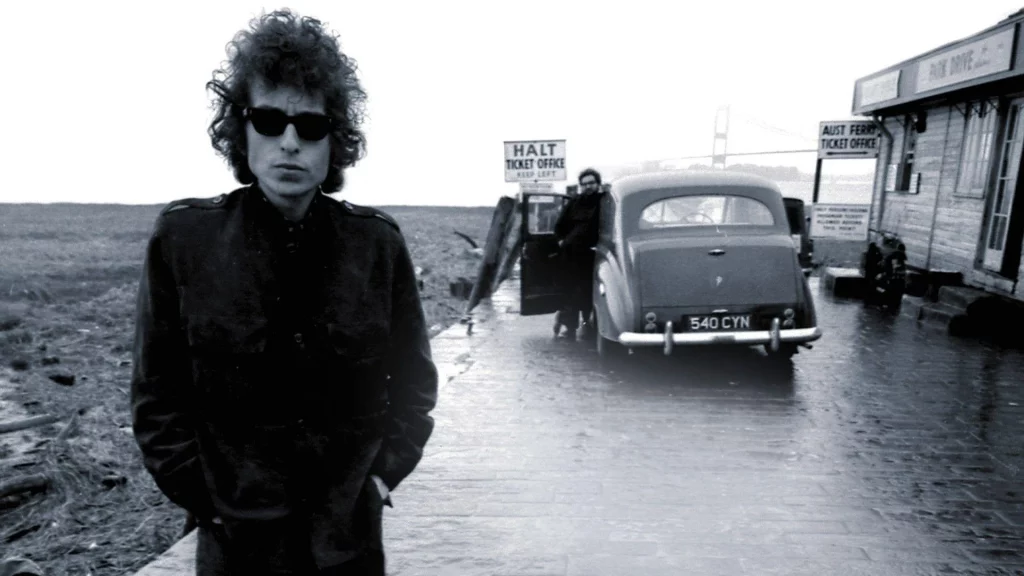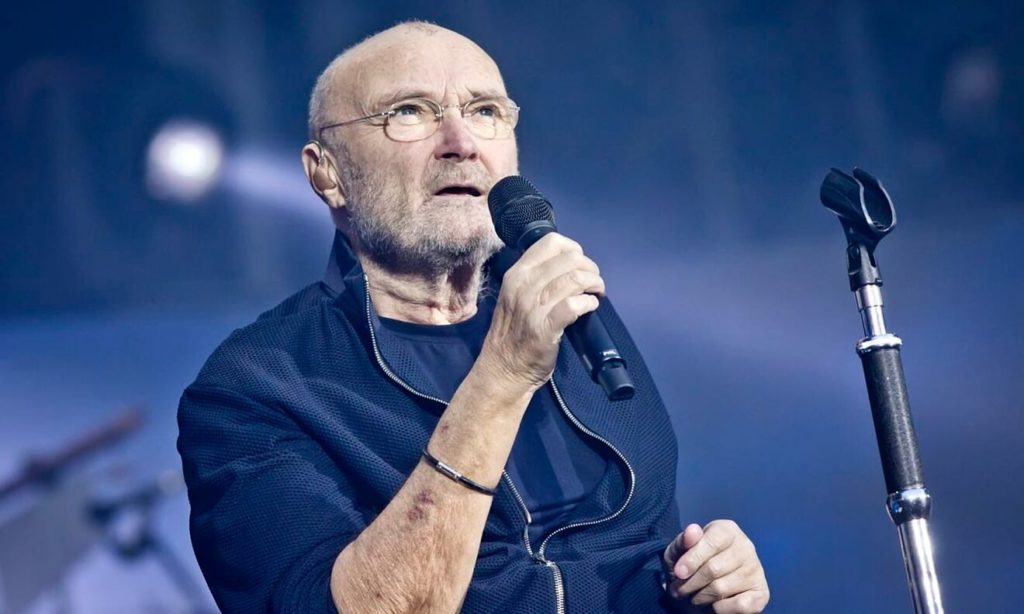Alice Cooper paid a touching tribute to his longtime friend and fellow rock legend, Ozzy Osbourne, during his Edinburgh show last night, reminding the world that rock is not just about the music—it’s about the family it creates.
Performing at the historic Usher Hall, Alice paused midway through his set to share a heartfelt message about Ozzy, who recently announced his retirement from touring due to ongoing health challenges. The moment wasn’t loud or theatrical, but it resonated deeply with the crowd, many of whom grew up listening to both of these rock pioneers.
“Ozzy’s the guy who proved to all of us you could be weird, wild, and still change the world with your music,” Alice told the cheering audience, raising a glass in Ozzy’s honor before launching into a fiery rendition of School’s Out. The band seamlessly blended a riff from Iron Man during the breakdown, causing the crowd to erupt in a wave of nostalgia and emotion.
Alice and Ozzy have known each other since the early days of heavy metal’s rise, both embodying theatrical shock-rock while remaining fiercely dedicated to their craft. They have shared stages, interviews, and endless stories of mischief, but beneath the eyeliner and the darkness, there has always been deep mutual respect.
https://www.facebook.com/reel/766876202345980/
In recent interviews, Alice has spoken openly about his admiration for Ozzy’s resilience, calling him “one of the last true rock warriors,” and reminding fans that Ozzy’s contribution to music goes beyond his larger-than-life stage persona.
@alicereflected Tribute to Ozzy from Alice Cooper tonight. RIP Ozzy 📷: @Rachael Ferguson
Fans React with Gratitude
Fans took to social media immediately after the show to express how much the moment meant to them:
“Seeing Alice honor Ozzy like that brought tears to my eyes. Two legends who shaped my entire music taste.” – @gothicrose
“The Iron Man riff in School’s Out was everything. Thank you, Alice, for giving us that moment.” – @rocknrollmama
“It was a beautiful reminder that we should appreciate Ozzy while we still can.” – @metalheadedinburgh
While Ozzy’s health has kept him away from touring, his influence is felt in every guitar riff, every spiked jacket in the crowd, and every young artist who dares to be different. Alice’s tribute was a reminder that the rock community stands together, honoring those who paved the way.

